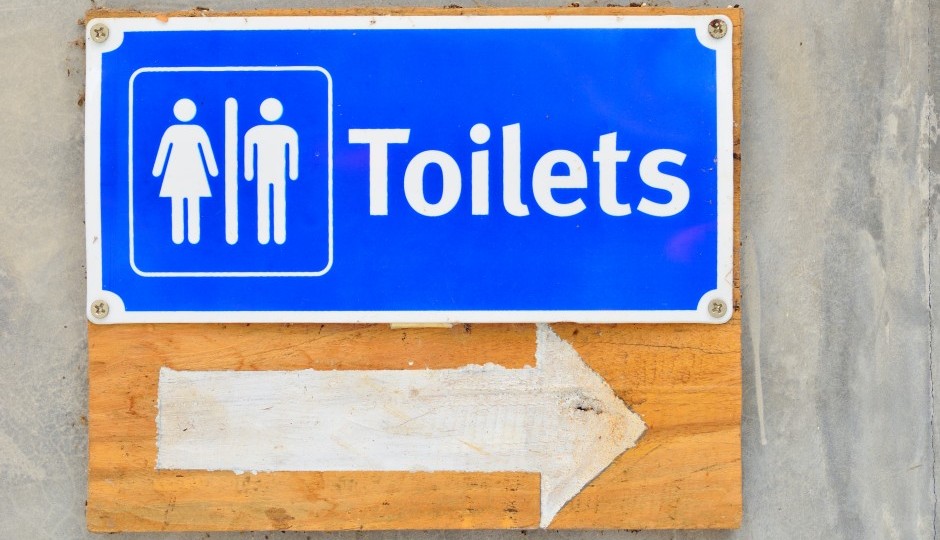We Live in Amazing Times: In NYC, “Looie” Offers Access to Pristine Bathrooms … for $25 a Month
Ever since the City Toilet on the north end of Dilworth Plaza died a quiet death in 2007, Philadelphians have been on their own when nature calls in Center City. Seasoned pedestrians know better than venturing out absent-mindedly without a mental map of publicly-accessible bathrooms. There’s the Barnes & Noble in Rittenhouse; the Central Library; just about any Trader Joe’s; Starbucks. Thank god for Starbucks.
But aside from George Costanza, we’ve all had to white-knuckle it at some point.
New York, though, has made huge strides in its bathroom-related technology. They’ve crowd-sourced potty map. They have ample listings on Airpnp (Airbnb for bathrooms only), while there’s an utter lack of participation in Philly. The Big Apple is so spoiled that a few hundred people are now paying $25 a month for private access to penthouse-quality toilets.
Starting this month, Tribeca is the starting point for a brand-new potty-membership service called Looie. Here’s how it works: anyone can pay $25 a month for a special key which unlocks a network of privately maintained, immaculately cleaned (serviced seven to 10 times daily) bathrooms in New York, all available at your beck and call. The app sells itself as the ultimate solution to the indignities of using a bathroom on the go.
According to Brooklyn Magazine, Looie launches July 15th. But the founder —a Canadian techie named Yezin Al-Qaysi — is already looking to expand to other cities (he hasn’t mentioned Philly, but it fits the dense, walkable profile that Looie hopes to serve).
In a conversation with City Lab, it sounds like Al-Qaysi thinks the app-based company may disrupt the ecosystem of bathroom maintenance:
He’s partnering with restaurants, gyms, and other businesses to operate their existing bathrooms through Looie. They provide the facilities, and Looie provides the foot traffic and maintenance. According to Al-Qaysi, businesses—and especially employees—have been enthusiastically supportive. “I’m taking restroom management off of their hands,” he says.
Typically, if you hear the words Toilet and Disruption in the same sentence, run far, far away. But Al-Qaysi’s concept of commodifying the call of nature is pretty novel, when you think about it. Taxi drivers, deliverymen, construction workers and people with medical conditions — they could all make great use of the service. If not for the prohibitive cost, that is.
Who can afford Looie? Probably the people who need it least. There’s a gee-whiz quality to Looie, but it’s also a pretty perfect example of rising income stratification. Like the inverse of a “poor door.”
That hasn’t stopped 500 people from signing up for the service. And that’s despite the limited array of toilets available. There will be only one Looie restroom ready on the day of the launch (There’s an anticipated five in Lower Manhattan by month’s end and an 40 in Lower Manhattan before 2016. If Looie catches on, two things seem evident: Al-Qaysi will expand to other cities and the app will soon become the butt of jokes about urban income inequality.
